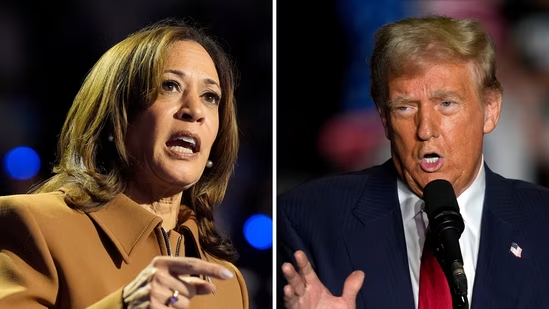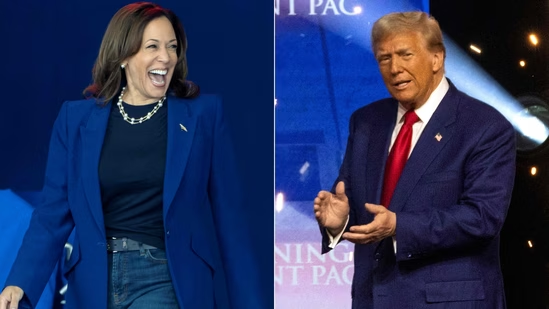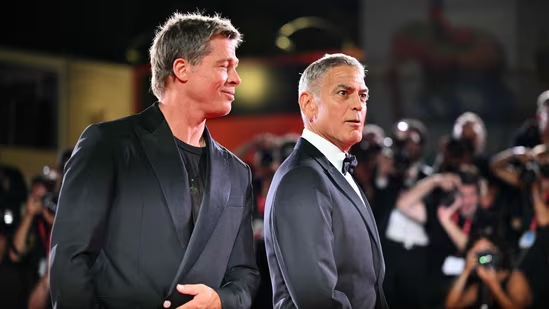On Wednesday, the Enforcement Directorate was tasked by the Supreme Court to concentrate on the “quality” of its evidence and prosecution.

In light of the Enforcement Directorate’s dismal track record of convictions in money laundering cases, the Supreme Court on Wednesday urged the agency to concentrate on the “quality” of its prosecution and evidence.
“You should focus on the caliber of the evidence and prosecution. You must establish such cases in court in every instance where you believe a prima facie case is made out. In ten years, 5,000 cases were registered; forty of those instances resulted in convictions. Imagine now, a three-judge panel made up of Justices Surya Kant, Dipankar Datta, and Ujjal Bhuyan informed the ED, alluding to a remark the Union Ministry of Home Affairs had made in Parliament on the statistics on ED cases.
The statements from the highest court were made during the hearing of a bail request made by Sunil Kumar Agrawal, a businessman from Chhattisgarh, who was detained in relation to an unlawful coal transportation charge case including money laundering.
You keep bringing up the quotes from affidavits and remarks made by certain witnesses in this case. God knows if the individual will continue to support this kind of oral evidence tomorrow. “You ought to conduct a scientific inquiry,” the bench advised Additional Solicitor General S V Raju, who was representing the ED.
What was the case?
Following departmental raids in June 2022, an Income Tax department complaint led to the ED’s probe into the money laundering case. The case concerns an alleged fraud in which a cartel including influential officials, businesspeople, politicians, and intermediaries allegedly demanded an illicit charge of ₹25 for each tonne of coal delivered in Chhattisgarh.
In its second supplementary chargesheet, the probe agency claimed that IAS officer Ranu Sahu, who was the district collector for Korba during the scam, helped Suryakant Tiwari and his associates obtain large bribes from coal transporters and District Mineral Fund (DMF) contracts in order to facilitate the collection of illicit levy amounts.
The businessman from Chhattisgarh, Agarwal, was taken into custody in this case last year.
After his application for temporary release was denied by the Chhattisgarh high court on April 8, he filed an appeal to the court’s ruling in the Supreme Court. The Supreme Court ordered Agarwal’s release on temporary bail on May 19, contingent upon his provision of bail bonds.
On Wednesday, the businessman was granted interim release by the highest court, which made its previous judgment absolute.
Judge Datta questioned ASG Raju if he believed the arresting order was justified in this particular case, citing section 19 of the PMLA as the requirement for the arresting officer to provide the accused with “reasons to believe.”




